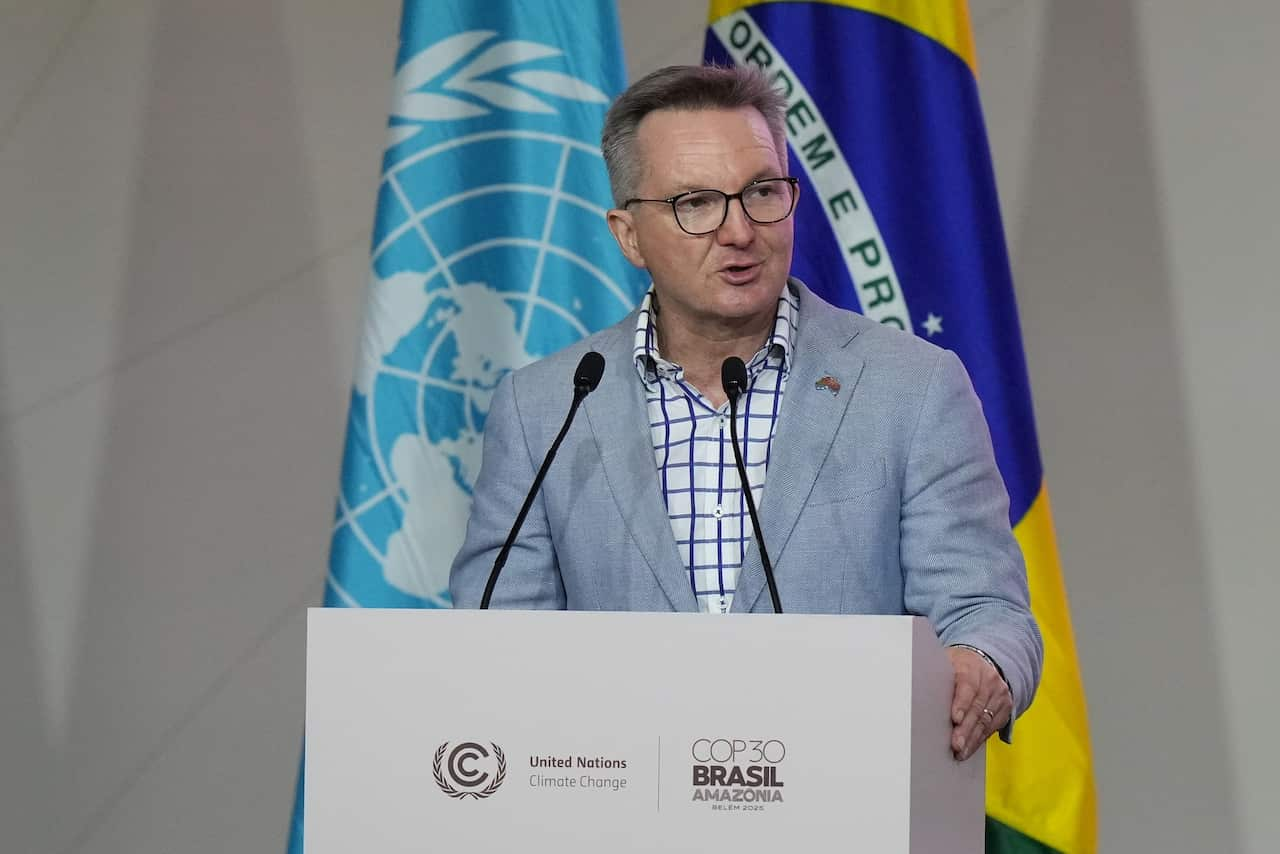Share this @internewscast.com
The latest climate summit was marked by intense discussions with a faction led by Middle Eastern nations, notably Saudi Arabia, the world’s leading oil exporter, alongside Russia. This coalition, including coal-rich India and several developing countries, resisted any reference to fossil fuels in the final agreement. Their stance created a significant hurdle in the negotiations.
Meanwhile, dissatisfaction simmered among other attendees. Several nations, including three of Brazil’s Latin American neighbors, voiced their discontent over the summit’s failure to produce a stronger framework for curbing greenhouse gases and addressing fossil fuel usage. They were seeking a more assertive approach to tackle these pressing environmental issues.

André Corrêa do Lago, the president of COP30, acknowledged the disparity in ambitions among the participating countries. He admitted that some nations had hoped for more aggressive measures to be included in the agreement. This divergence in expectations highlights the complexity of global climate negotiations.
The negotiator from Colombia made a pointed remark regarding the omission of fossil fuels, which are the largest contributors to global warming. She argued that her country could not endorse an agreement that disregarded scientific evidence, stating, “A consensus imposed under climate denialism is a failed agreement.” This statement underscores the critical need for aligning international climate policies with scientific realities.

As the summit unfolded at the Hangar Convention Centre, its corridors were abuzz with activity. Government representatives mingled with researchers, activists, and journalists, creating a vibrant atmosphere. Behind closed doors, a select group of key negotiators worked tirelessly to reach a consensus, highlighting the challenging nature of such high-stakes international dialogues.
Arthur Wyns, research fellow at the University of Melbourne and former adviser to the COP28 presidency, told SBS News it had been a “really long day”.
Fossil fuels and deforestation dropped
“A lot of parties were quite surprised,” Wyns told SBS News, adding that references to deforestation were also removed.
“This is the strongest ever statement from Australia on fossil fuels, and we intend to hold them to it,” Bradshaw said in a statement.
A ‘significant step back’
The new agreement recalls the consensus reached at COP28 on transitioning away from fossil fuels, and calls on countries to voluntarily “accelerate” their climate action.

The Australian delegation, led by Climate Change and Energy Minister Chris Bowen, supports a phase-out of fossil fuels being included in the agreement. Source: AAP / Fernando Llano
This year’s COP conference was also a crucial test of global cooperation against climate change, after the leaders of China, the United States and India all decided not to attend.
“And it also means that Türkiye and Australia will have to deal with this mess next year.”
Possible ‘diplomatic trainwreck in the making’
The document states that, if there is a difference of view between the two nations, “consultations will take place until the difference is resolved to mutual satisfaction”.












